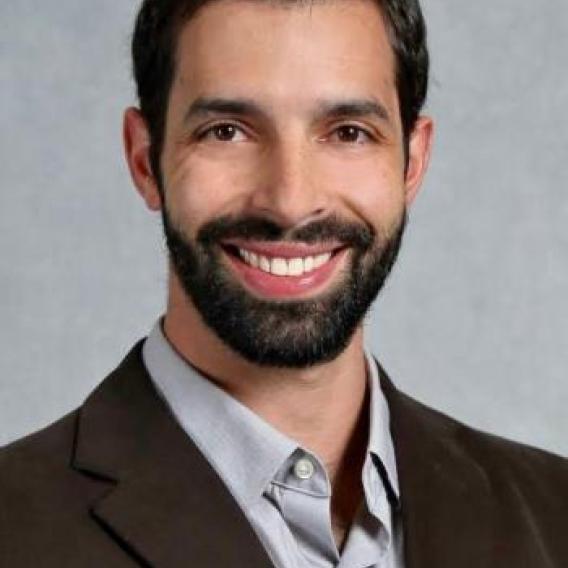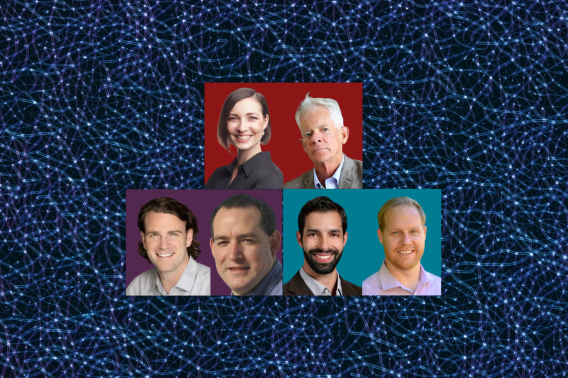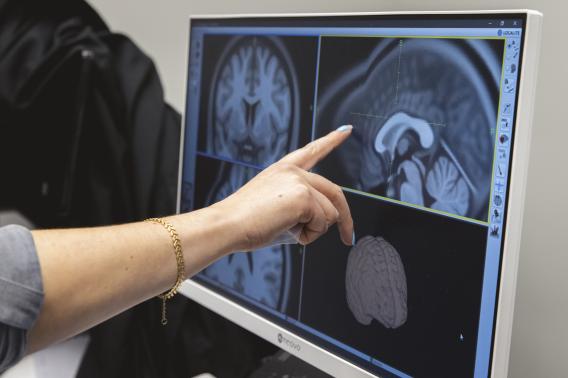Image

Corey Keller, MD, PhD
Associate Professor of Psychiatry and Behavioral Sciences (Public Mental Health and Population Sciences)
Affiliation:
Committee:
Dr. Keller is an Associate Professor of Psychiatry and Behavioral Sciences at Stanford University and an Associate Professor at the Veterans Affairs PaloAlto Health Care System (VAPAHCS). He is a member of Stanford Bio-X and the Wu Tsai Neurosciences Institute. Dr. Keller received his MD and PhD in neuroscience from the Medical Scientist Training Program at Albert Einstein College of Medicine. He completed his residency in psychiatry at Stanford University Medical Center focused on interventional psychiatry. Dr Keller has received several grants including the F31, T32, K23, DP5 Early Independence Award, SBIR, and R01 awards. He co-developed a fully automated non-invasive brain mapping technique used across industry and academia, and has run two clinical trials (NCT01829165 and NCT02843373) collecting over 1500 participants across ten clinical centers. Dr. Keller has extensive experience in the assessment and management of individuals with treatment-resistant depression. He has developed methodology for capturing the neurophysiology of human brain networks and the effect of stimulation through invasive and non-invasive electrophysiology.
The overarching goal of Dr. Keller’s Laboratory, the Stanford Precision Neurotherapeutics Lab (precisionneuro.stanford.edu) is to improve brain stimulation treatment for neurological and psychiatric disease. His lab focuses on understanding the neural mechanisms of how brain stimulation technologies induce alter brain circuits in an effort to develop novel, personalized, and more effective brain stimulation treatments. His lab combines invasive and noninvasive human electrophysiology to answer these critical questions.
The overarching goal of Dr. Keller’s Laboratory, the Stanford Precision Neurotherapeutics Lab (precisionneuro.stanford.edu) is to improve brain stimulation treatment for neurological and psychiatric disease. His lab focuses on understanding the neural mechanisms of how brain stimulation technologies induce alter brain circuits in an effort to develop novel, personalized, and more effective brain stimulation treatments. His lab combines invasive and noninvasive human electrophysiology to answer these critical questions.



